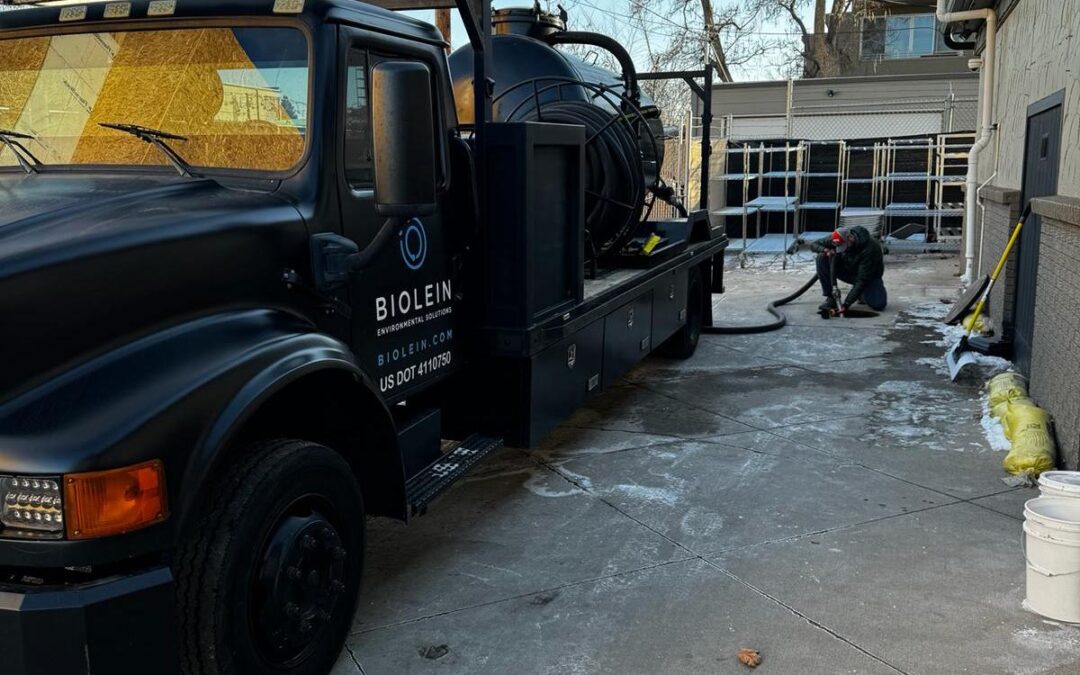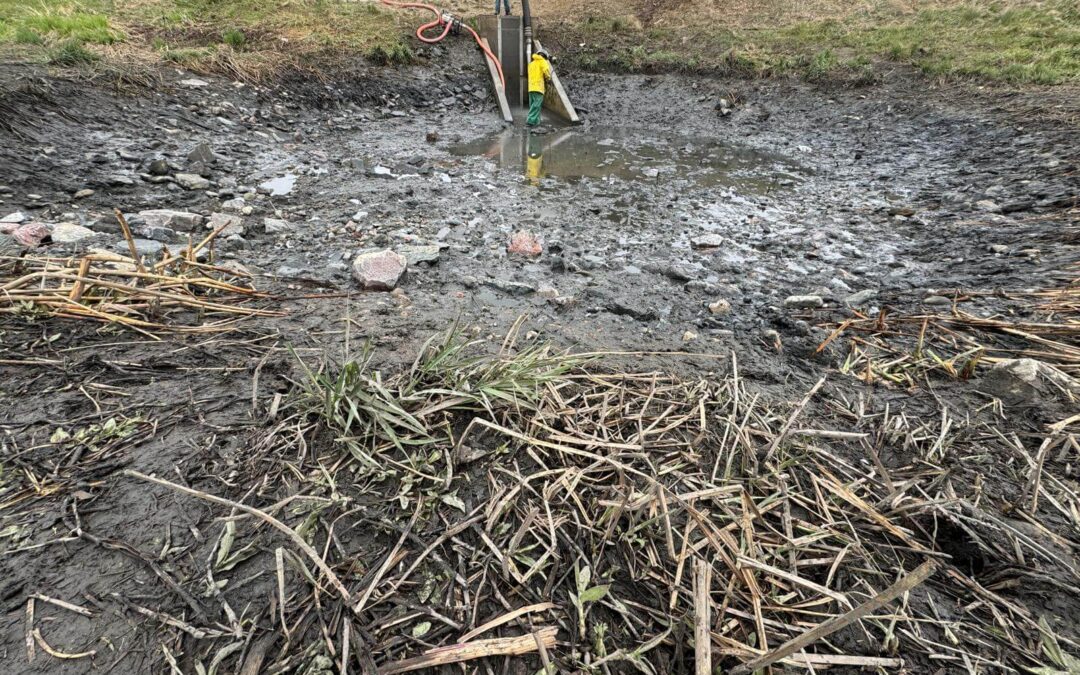The world generates billions of tons of waste every year, much of it ending up in landfills, where it contributes to pollution, greenhouse gas emissions, and environmental degradation. But what if we could reduce landfill waste to zero?
By adopting sustainable waste management practices, individuals and businesses can cut down waste, repurpose materials, and even convert waste into energy — all while reducing their environmental footprint. If you’re looking for real, impactful ways to live more sustainably, here are zero-landfill strategies you can start today.
1. Recycling: Give Materials a Second Life
Recycling helps divert materials from landfills and reduces the need for new raw materials. This means less energy use, fewer carbon emissions, and a lower environmental impact.
What You Can Recycle
- Paper and cardboard, including newspapers, magazines, and packaging
- Plastics, particularly bottles, jugs, and containers labeled with recycling codes 1 and 2
- Glass bottles and jars
- Metals, such as aluminum cans, tin cans, and scrap metal
- Electronics, including phones, computers, batteries, and appliances
How to Improve Your Recycling Habits
- Check local guidelines, as not all materials are recyclable in every area
- Clean and dry your recyclables to avoid contamination
- Separate materials properly if required by your recycling program
2. Repurposing: Turning Waste into New Resources
Not everything needs to be thrown away or even recycled — some items can be reused creatively instead.
Ways to Repurpose
- Upcycle old furniture and clothing into something new
- Use glass jars and containers for storage or DIY projects
- Donate usable items like clothing, electronics, and household goods instead of discarding them
- Compost organic waste such as food scraps and yard waste to create nutrient-rich soil
Many businesses now offer take-back programs to repurpose products, so look for brands that encourage circular economy practices.
3. Waste-to-Energy: Converting Trash into Power
Waste-to-energy (WTE) technologies convert non-recyclable waste into electricity or heat, reducing landfill reliance while producing usable energy.
How It Works
- Incineration burns waste to produce heat, which generates steam and powers turbines.
- Biogas production allows organic waste to break down in anaerobic digesters, creating methane gas for energy use.
- Plasma gasification uses high temperatures to break waste into syngas, which can generate electricity.
What You Can Do
- Find local waste-to-energy programs through municipal waste management services
- Support businesses using renewable waste energy
- Reduce organic waste to improve energy conversion efficiency
4. Sustainable Shopping: Choose Waste-Free Options
The less waste we produce at the source, the less we have to dispose of later. Sustainable shopping reduces plastic waste, packaging waste, and overall landfill contributions.
Zero-Waste Shopping Tips
- Buy in bulk to reduce packaging waste
- Choose products with minimal or recyclable packaging
- Opt for durable and repairable goods instead of disposable alternatives
- Bring your own bags and containers when shopping
5. Smart Waste Management: Composting and Circular Economy Practices
Why It Matters
Composting turns food scraps and organic waste into nutrient-rich soil instead of trash. Meanwhile, circular economy initiatives rethink waste as a resource, keeping materials in use longer.
How to Get Started
- Compost food scraps at home or find a community composting program
- Support circular economy brands that design products for reuse, repair, and recycling
- Encourage businesses to offer refillable products and sustainable alternatives
6. Industrial and Commercial Waste Solutions
Businesses contribute a significant portion of landfill waste. By adopting zero-landfill waste management solutions, companies can cut costs, improve sustainability, and comply with environmental regulations.
Sustainable Practices for Businesses
- Conduct waste audits to identify waste sources and find reduction opportunities
- Partner with waste-to-energy and recycling programs
- Implement reuse and repair strategies to extend product life cycles
- Work with environmental specialists like Biolein to transition to zero-landfill operations
The Impact of Zero-Landfill Living
Making sustainable choices does not only benefit the environment — it also:
- Reduces carbon footprints by minimizing waste production
- Decreases pollution by keeping harmful chemicals and plastics out of nature
- Supports the economy by encouraging green businesses and waste reduction initiatives
- Promotes energy efficiency through better waste management strategies
Every Action Counts
Transitioning to a zero-landfill lifestyle doesn’t happen overnight, but every small step counts. Whether you’re a homeowner looking to reduce household waste, a business aiming to improve sustainability, or an industrial site managing complex waste streams, adopting better recycling, repurposing, and waste-to-energy solutions helps protect our environment for future generations.
If you need expert guidance on waste reduction strategies, hazardous waste disposal, or industrial sustainability solutions, Biolein is here to help. Our team specializes in customized waste management plans that ensure compliance, efficiency, and environmental responsibility.
Ready to take the next step toward zero landfill waste? Contact us today for expert waste solutions tailored to your needs.
Biolein has become a trusted partner for hydrovac excavation, environmental waste management, environmental consultation for hazardous waste, and drainage solutions across Colorado and beyond. We’re not just an environmental services company in Denver — we’re the team you can count on to tackle the tough jobs and keep things running smoothly.





